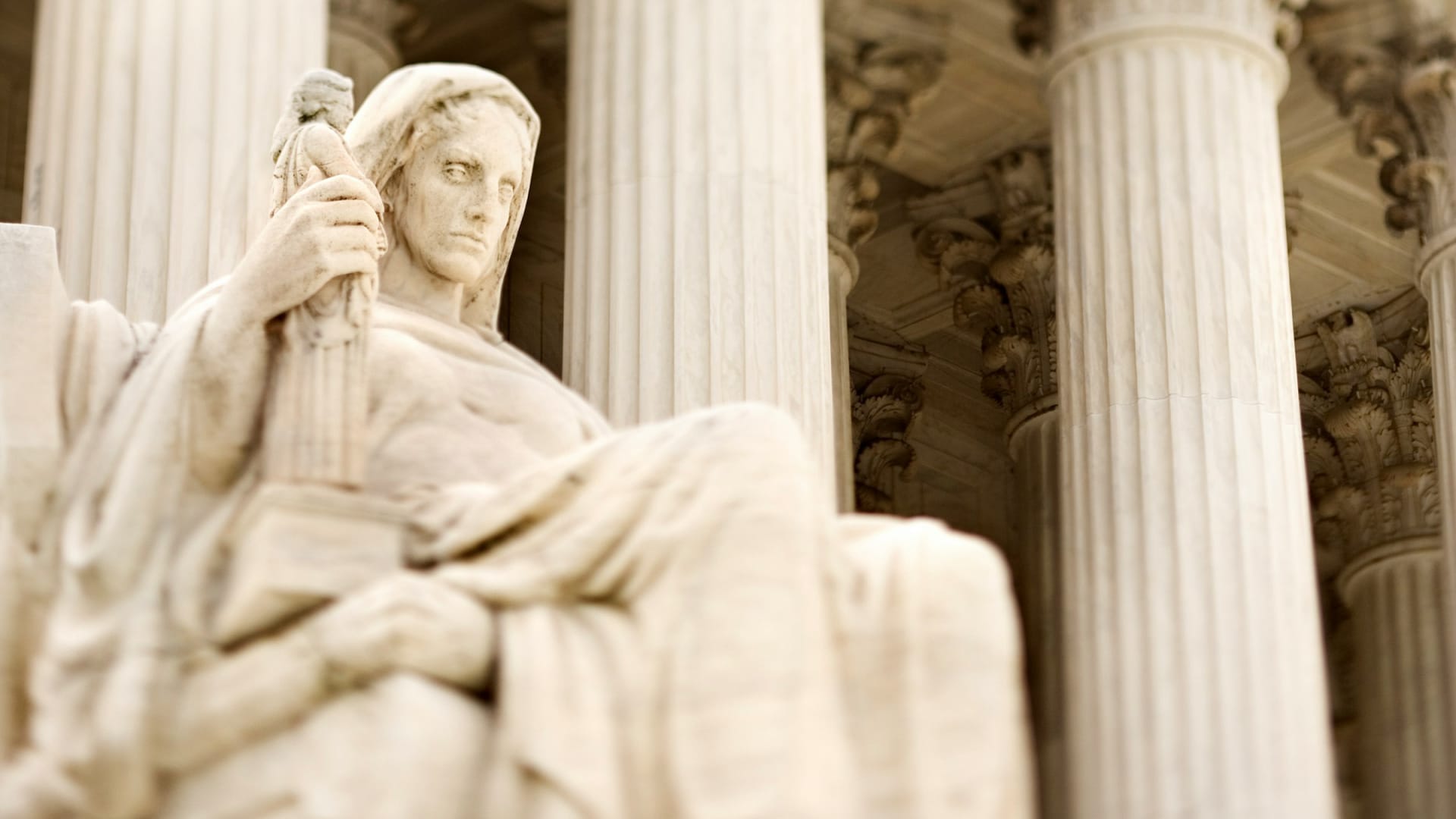Mar. 19, 2025 |
The visitor. Politically-minded Americans might have heard of some famous U.S. Supreme Court cases: Marbury v. Madison, Dred Scott v. Sandford, Plessy v. Ferguson, Brown v. Board of Education, or recently, Dobbs v. Jackson Women’s Health Organization, which ruled that the U.S. Constitution confers no right to abortion.
Seen from outside the United States, this seems rather peculiar. In Sweden, for instance, even the most obsessive political obsessive would struggle to name a single consequential Supreme Court ruling, much less a Supreme Court justice. But in America, the Supreme Court is a constant political flashpoint. Why?
Among all the books you could consult on this question, it’s still, after all these years, hard to beat Democracy in America (especially Chapter VI of Part I), published in two parts in 1835 and 1840 by France’s Alexis de Tocqueville. It’s an old book, yes, but it’s also an absolute classic that’s stayed in print on account of remaining so enduringly relevant. In the latest member’s despatch, we look at just how much Tocqueville could see of an answer almost 200 years ago …
—Gustav Jönsson

